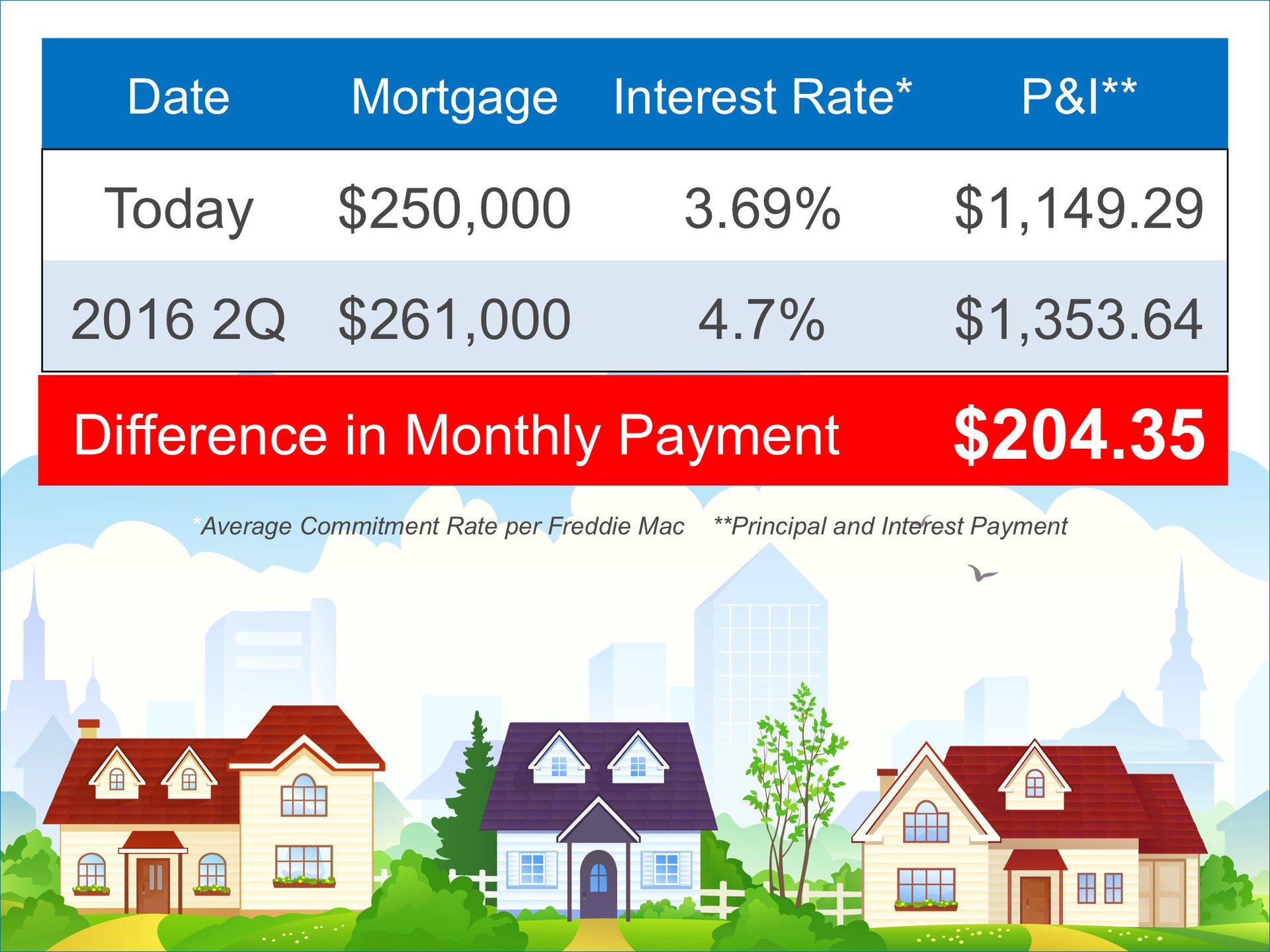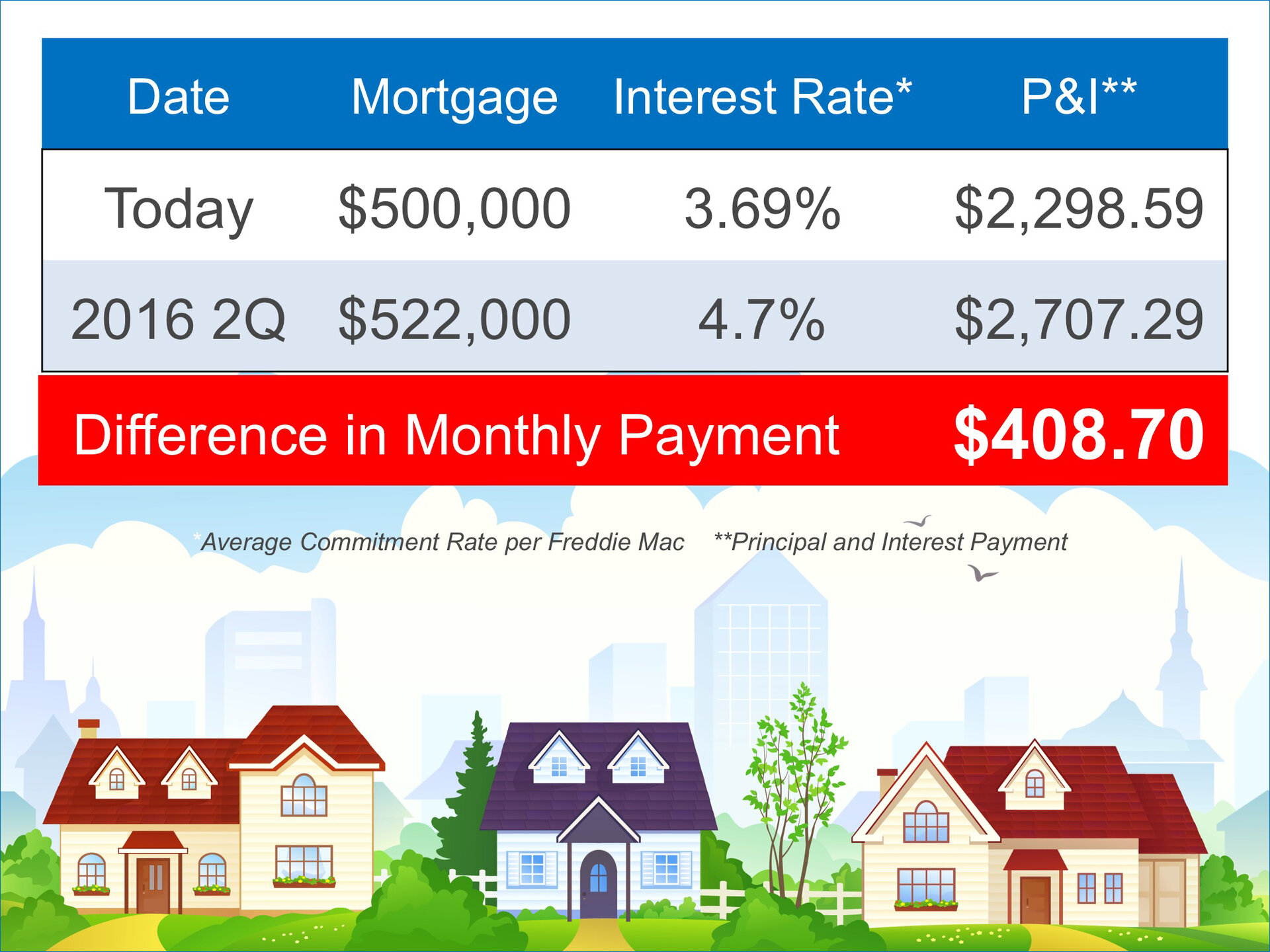
The most recent Pending Homes Sales Index from the National Association of Realtors revealed that homes going into contract in February increased to their highest level since June 2013.
The Pending Home Sales Index is a leading indicator for the housing sector, based on pending sales of existing homes. A sale is listed as pending when the contract has been signed but the transaction has not closed, though the sale usually is finalized within one or two months of signing.
The Index is now 12.0 percent above February 2014. The index is at its highest level since June 2013, has increased year-over-year for six consecutive months and is above what is considered “the average level of activity” – for the 10th consecutive month.
Here is a graph showing the Pending Sales numbers:
Here is a chart showing the Pending Sales increases by region:
Bottom Line
In an article from Investors’ Business Daily, Lawrence Yun, Chief Economist at the National Association of Realtors, explained what these numbers will mean to the overall market:
"It looks like the buyers want to come out to the market and they are eager to find the right home and make an offer. Therefore, I expect the second quarter of this year to be easily ahead of last year in terms of sales activity. Pending contracts are implying that the closing activity in coming months will be quite solid."











